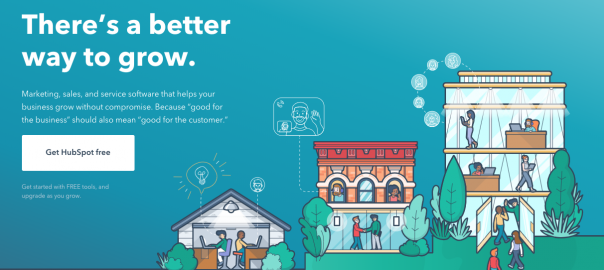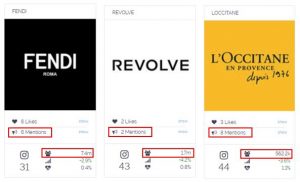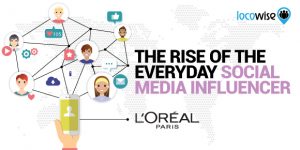“Storytelling” is one of the marketing industry’s biggest buzzwords. Every marketer knows that telling stories is a powerful way to communicate. It’s been true since the dawn of the human race. People have used stories to warn each other of danger and to relate epic adventures throughout generations. People connect with stories on an emotional level, and for that reason, they remember them.
Stories are powerful. But what if you could make storytelling do even more?
Galvanize your prospects to join you
A couple of years ago at HubSpot’s INBOUND conference, Katie Martell presented a talk on how to stop competing with everyone else vying for your prospects’ business by redefining what you’re fighting against. She encouraged marketers to stop waging war against competitors and start fighting something bigger. When I heard that talk, I realized that the idea of fighting a shared enemy is galvanizing. And is, perhaps, more powerful than “making your customer the hero of the story.” Yes, your customer absolutely must be the hero of your stories. But being the hero isn’t enough to make a prospect decide to buy from your company over another option.
What will make a prospect choose your company? You need to join them in the fight against an enemy they care about conquering.
Win by becoming an ally in fighting a shared enemy
When you identify an enemy that your prospects and customers are driven to overcome and then position your company as an ally, you automatically stand out from competitors. And in the process, you create a movement that spreads. Let’s look at a couple of examples.
B2C: Nike and their customers stand against mediocrity
Nike sells athletic shoes. But their fight isn’t against Puma and New Balance. Their ads don’t lead with the fantastic features their shoes include or even with how they help customers get their behinds off the couch. Nike’s enemy—their customers’ enemy—is mediocrity. Inertia. The same old, same old. Nike helps you blast past what’s holding you back from performing your best, from making the difference you want to make in the world.
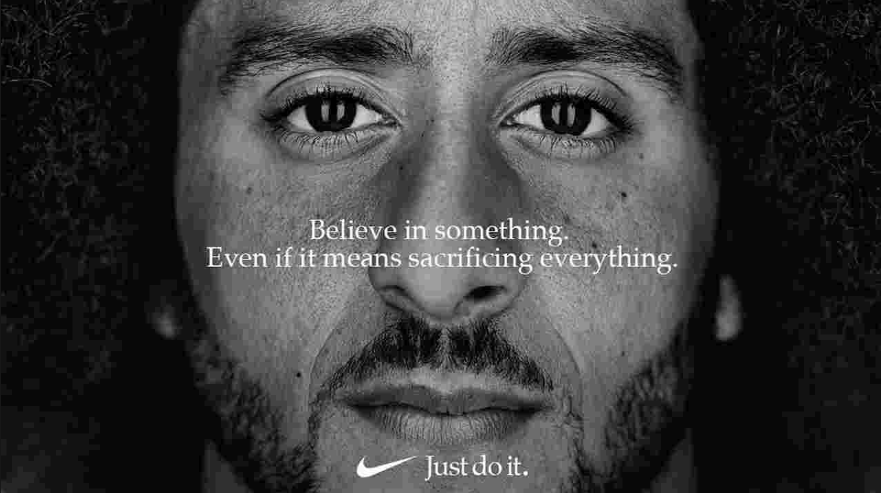
B2B: HubSpot and their customers battle against soul-less growth
HubSpot is an all-in-one marketing software. The people who love HubSpot really love HubSpot. The company’s yearly INBOUND conference regularly draws over 24,000 people. Why? Not because the software helps you streamline your marketing operations (it does, but so do its top competitors), and not because it’s easy to use (some argue that it’s actually less user-friendly than some other options).
The people who love HubSpot love HubSpot because of what the company stands for—and what it stands against. HubSpot has made it clear that they share a common enemy with their customers: soul-less growth that’s focused only on the bottom line. Their mission is to help companies create mission-led, genuine connections with their audiences. Beyond this, HubSpot inspires its customers to live their personal mission and make their mark in their own way. HubSpot is more than marketing software—it’s a catalyst to make a meaningful impact on the world.
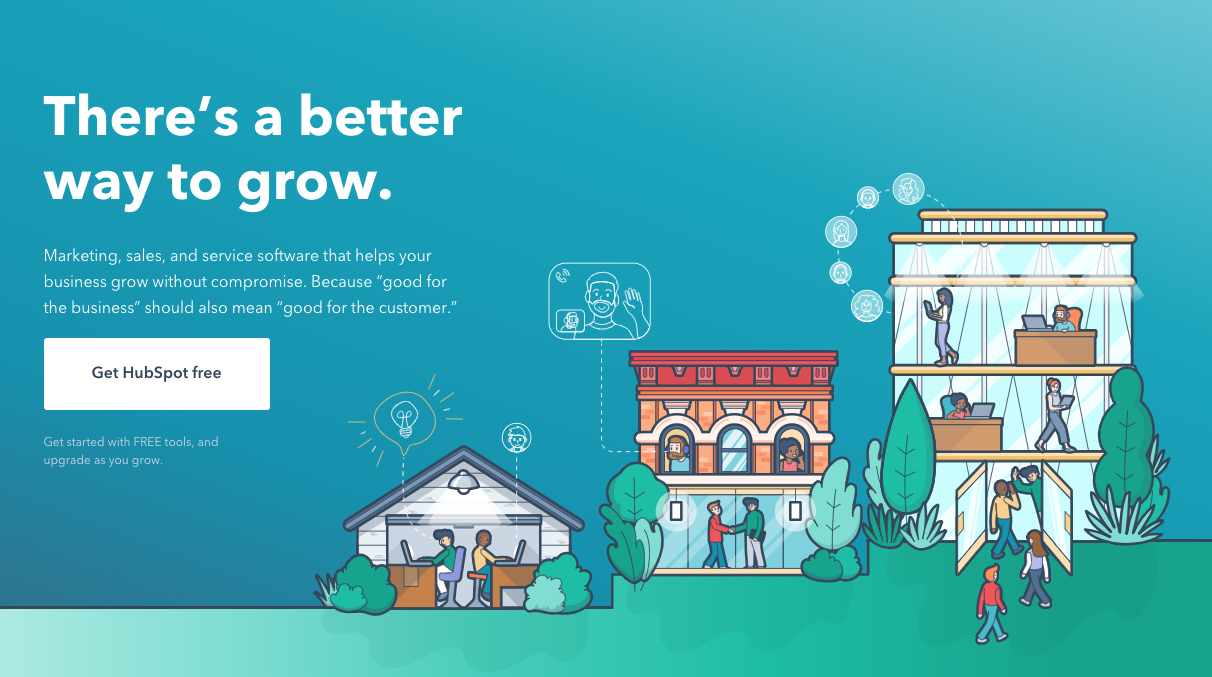
Why the shared enemy framework is effective
Identifying and aligning your company against a shared enemy works for several reasons. All these reasons go back to the way our brains function.
1. The enemy = pain
First, when you start talking about an enemy, you’re invariably focusing on the pain your customers are feeling. Nike’s customers hate feeling inadequate, like they’re wasting their lives. HubSpot’s customers despise feeling like sleazy marketers who are simply adding to the dysfunctional obsession with “more, faster.” Humans are hardwired to avoid pain, on a neurobiological as well as a psychological level. Because enemy represents pain, telling stories that focus on a common enemy gives you the opportunity to tap into your prospects’ desire to avoid pain and pursue pleasure. You’re positioning your company as the one who will stand with them against the fear and anxiety that’s generated by the pain, against the frustration of dealing with the pain day in and day out. You’re saying, “We’ll fight with you against this pain, and together we will win.”
2. Having an ally fulfills the desire to belong
According to Abraham Maslow and countless psychologists whose work built upon his, the need to belong is a fundamental motivator for all humans. It’s why we want to be loved, why we draw at least part of our identity from the groups we associate with. It’s why churches—and gangs—exist. By telling stories that focus on a common enemy, you’re creating a tribe of people who are gathered together to fight against that enemy. Prospects and customers easily identify with the group, creating a sense of belonging.
3. Storytelling depends on having an enemy to face
The very reason storytelling is so powerful is that we are riveted by conflict. Conflict creates drama. We want to know what happens. We want to cheer on the good guy. And conflict depends on having an enemy to fight. Every protagonist has an antagonist. There must be something to fight against, or it’s not a compelling story. When you focus your marketing on a common enemy, you’re telling the most engaging type of story.
The shared enemy works for every stage in the buyer’s journey—and beyond
Many marketing tools are best suited for particular stages of the buyer’s journey. Certain messages work better at the top of the funnel, in middle, or at the bottom. Your prospects have different questions and needs in the awareness stage than they have in the consideration or decision stage. But talking about your common enemy will galvanize prospects at any and every stage.
In fact, the shared enemy will continue to galvanize them even after they become customers. They’ll continue to spread the word and recruit others to join the fight—because they care about fully conquering that enemy. The shared enemy does more than help sell your products and services. It creates a movement of people who view your company as the ally they need in a fight they’re determined to win. And that’s powerful marketing.
Business & Finance Articles on Business 2 Community
(41)
